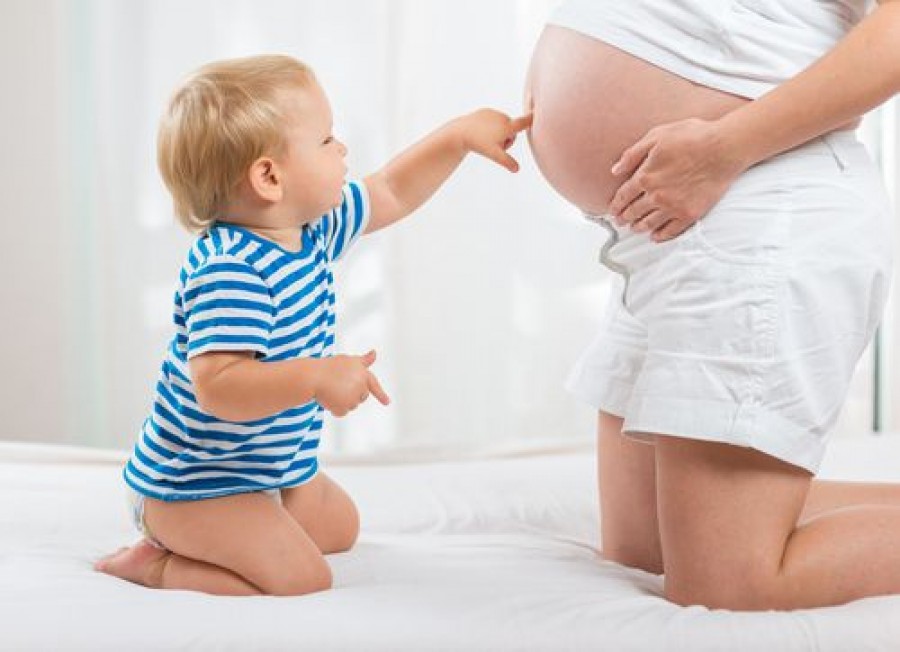Third Trimester of Pregnancy: What to Expect?
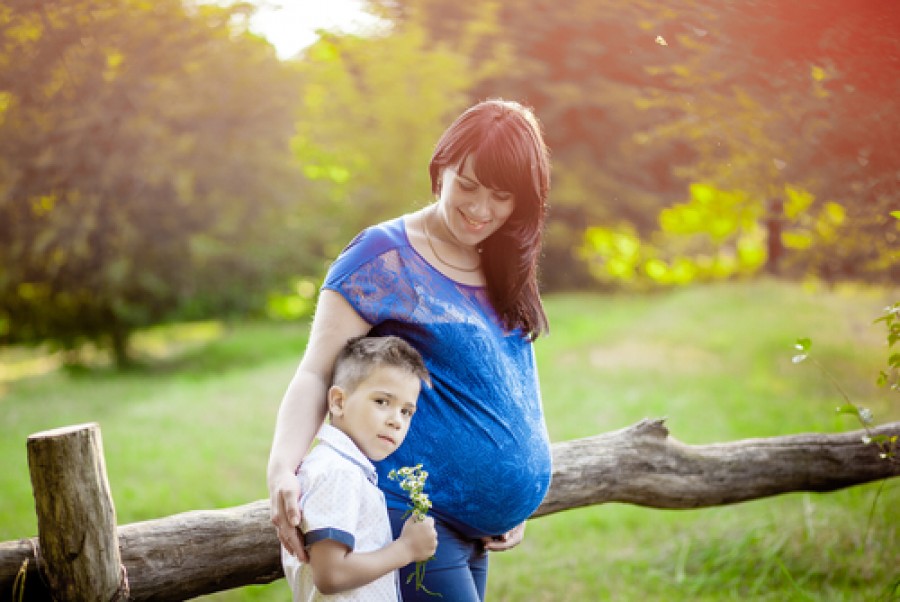
If you are reading this, then you may nearly be there! Yay!! The third trimester is a mixed bag of treats with some good and some not so good side effects for you.
Your mind is probably popping with so many questions, a few of these might seem weird and your brain is running so fast that you want answers immediately.
Your questions and concerns might even be keeping you awake at night (although that could also be the giant kicking baby and the frequent need to wee!)
Hopefully here are some of your queries answered.
Duration of the Third trimester of Pregnancy
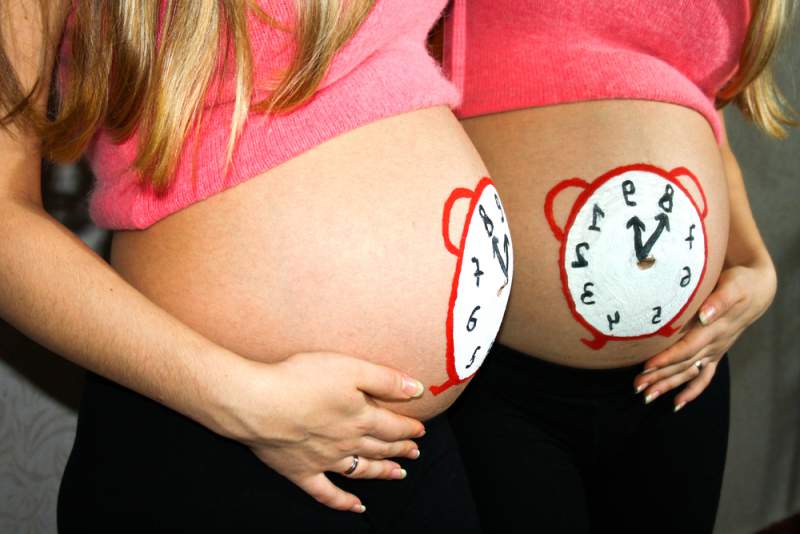
The third trimester of pregnancy starts from week 28 of pregnancy until week 40 of pregnancy.
Week 40 is considered to be the week that babies should come out, but in truth anywhere between 37 and 42 weeks is normal.
Apparently, only 5% of babies will actually be born on their due date, so it is obviously more of an estimate than normality. Not coming out on the due date will be the first of very many things that your child decides to do to surprise you (and show you who is really the boss!)
What will you be experiencing during the third trimester?
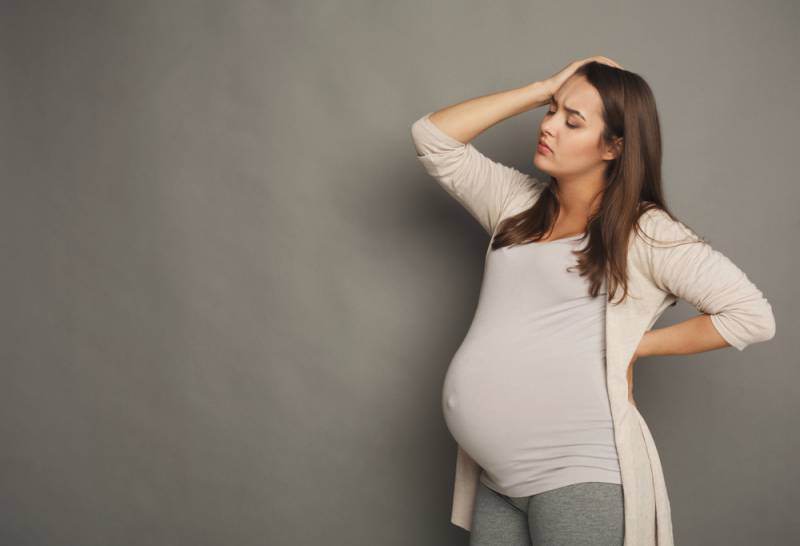
Because of the baby’s size the closer you get to term the more uncomfortable you might be.
Sleeping becomes harder because the baby’s more active moments will often wake you up. You will be going to the toilet more often because your bladder has less room. You will probably also be eating little meals across the day rather than three big ones because your stomach is a bit squished too.
With most of the weight and your centre of gravity out in front of you, you will find it hard to walk and balance, and you may also have increased back pain. You need to be more careful and stop lifting heavy items or climbing up onto chairs or ladders because your balance won’t be as reliable as before.
Your hips and pelvis may start to ache a little as they loosen up for labour. A heat pack on your back may help to relieve some pain, as can taking paracetamol.
You may find it more comfortable and supportive for your back if you sleep on your side with a pillow under your belly as well as one between your knees.
Your baby may ‘drop’ as he is getting in the right position for labour, but some women never really experience this feeling, so don’t worry if it doesn’t happen for you.
You may feel false labour contractions or ‘Braxton Hicks’ increasingly throughout this trimester. They shouldn’t be very painful, just uncomfortable, and they should not become regular or get increasingly closer together. False labour has less of a pattern to it than real labour when it starts.
But if you are worried that real labour may have started, contact your maternity ward for advice.
The following are a few common signs and symptoms during the third trimester of pregnancy:
- Moderate lower back pain
- Heartburn and indigestion
- Breast enlargement and possible leakage as they get ready to give milk
- Leg cramps
- Painful uterine contractions
- Frequent baby kicking
- Frequent urination
- Shortness of breath
- Spider or varicose veins
- Swelling of your legs and ankles, fingers and around your face
- Vaginal discharge
You can become increasingly fatigued the closer you get to the end of this time. It is important to continue to look after yourself as best you can, eating as nutritionally as possible, getting small amounts of sunshine each day, and some light exercise as well if you can manage it. Rest or nap whenever you can and put your feet up often as well.
Expected Weight Gain in the 3rd Trimester
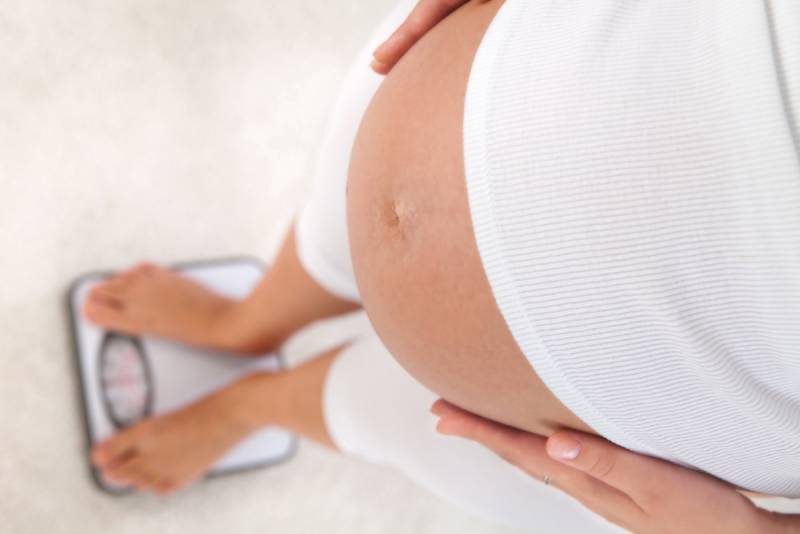
Your weight gain during the third trimester is a little less than the second trimester, and should only be around 1-2 kg each month, or no more than 5kg for the entire trimester. If you gain a lot more or a lot less than this, talk to your doctor.
What is your baby up to in the third trimester?
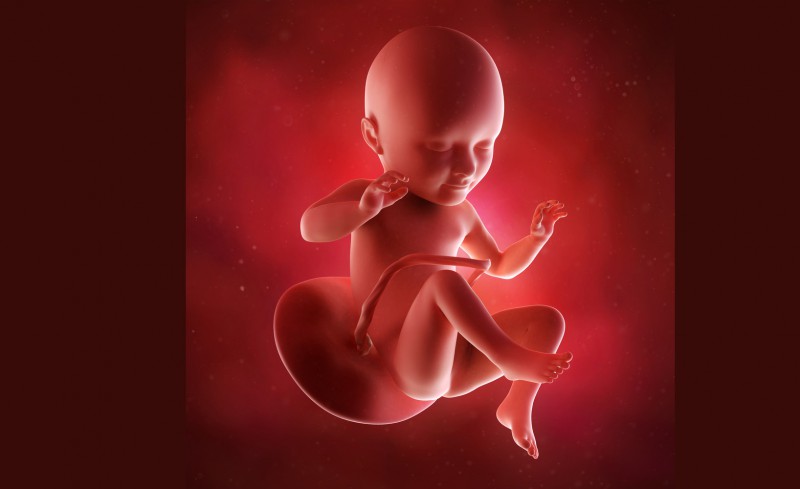
Your baby will be fully formed by this trimester, which is why it has a chance of survival even if born at anytime from now on. It has all of the functioning bits and bobs it needs, through the third trimester it will mainly grow bigger, put on fat, and gain strength.
He will get better at stretching and kicking you, his lungs will get ready to take breaths outside of the amniotic sac, and he will open his eyes.
Babies on average will be around 50 cm long and weigh around 3.2 kg at the end of the third trimester, but their actual sizes can vary a lot.
Medical Tests during the Third Trimester
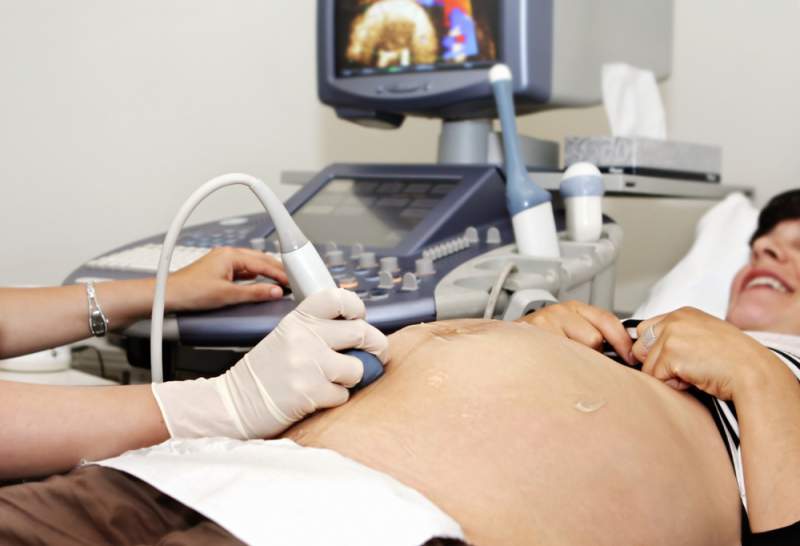
The following medical tests are very important and have to be performed during the third trimester of pregnancy. Every pregnant woman is expected to get them done:
- Group B streptococcus culture
- Repeat CBC
- Repeat gonorrhoea
- Chlamydia cultures
- RPR (syphilis)
- RhoGam (Rh-ve mothers)
Benefits of these Medical Tests
These tests act as a “final checkpoint” of wellbeing as a pregnant woman gets closer to the time of delivery. These tests help prevent passing on infectious diseases to the foetus as well as preventing loss during subsequent pregnancies.
Possible Complications in the third trimester
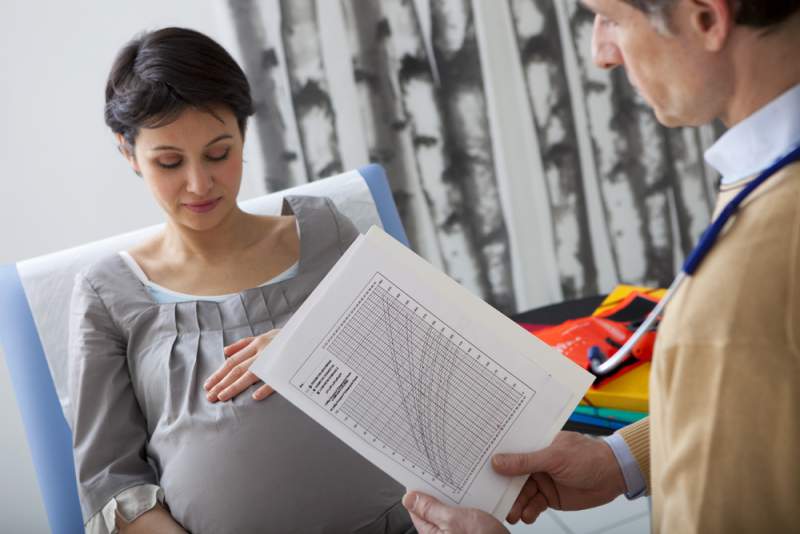
1. Bleeding
If you notice spotting or bleeding during this trimester it could be a sign that something is wrong, and maybe an indication of placenta previa, placental abruption or pre-term labour. It may also be nothing to worry about, but if you experience spotting make sure that you contact your doctor.
2. Urinary tract infection
You may be susceptible to UTC’s during this time because of frequent urination. If you experience any pain or burning when you wee, contact your doctor.
3. Constipation and Haemorrhoids
You may suffer from haemorrhoids, which are varicose veins around your anus, especially if you are suffering from constipation as well. The extra blood flow around your vagina and anus as well as your general reduction in hydration because the baby is taking all of your fluids may make it difficult to pass stools. The fact that all of your muscles are relaxing ready for labour may also cause constipation.
Drink as much water as possible to keep hydrated and talk to your pharmacist about an over-the-counter stool softener if you need it.
4. Preeclampsia
This is a condition that can happen in the later stages of pregnancy, or sometimes immediately after giving birth. It is characterised by high blood pressure, swelling and protein in the urine, but usually women with it can feel perfectly fine beforehand. If it occurs, however, the baby and placenta need to be delivered immediately as both the mother and baby can be in danger.
If you experience sudden dramatic swelling, severe headache, dizziness or blurred vision, nausea or vomiting these can all be signs of preeclampsia, which needs immediate attention, so make sure you contact your doctor.
As a good rule, you should contact your doctor if you experience any of the following during this trimester:
- Severe abdominal pain or cramps
- Severe nausea or vomiting
- Bleeding
- Severe dizziness
- Pain or burning during urination
- Rapid weight gain (more than 4kg per month) or too little weight gain
Questions you might have during the Third Trimester
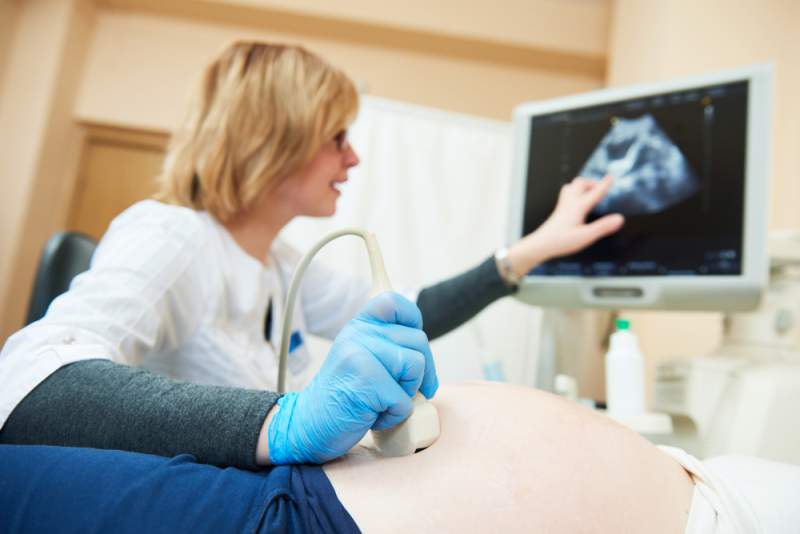
1. How long should you keep working?
Most women will finish work around 3-4 weeks before their due date. When you finish working will vary from woman to woman.
If your doctor considers you to be a high-risk pregnancy it may be advisable to start your maternity leave sooner rather than later. It may be better for you to rest up to make sure your baby stays in until he is full-term and you don’t run the risk of complications like high blood pressure or preeclampsia.
2. Is sexual intercourse safe?
Sexual intercourse is considered safe, but some doctors may recommend avoiding sexual intercourse in the third trimester as it may cause premature rupture of membranes (your water bag) particularly in high-risk patients.
Most couples, however, will continue to enjoy sexual intercourse right up to when the baby is born, and it has been known to help bring on labour when a baby is overdue.
Read more on if sexual intercourse is safe during pregnancy here.
What can you wear in the 3rd Trimester?
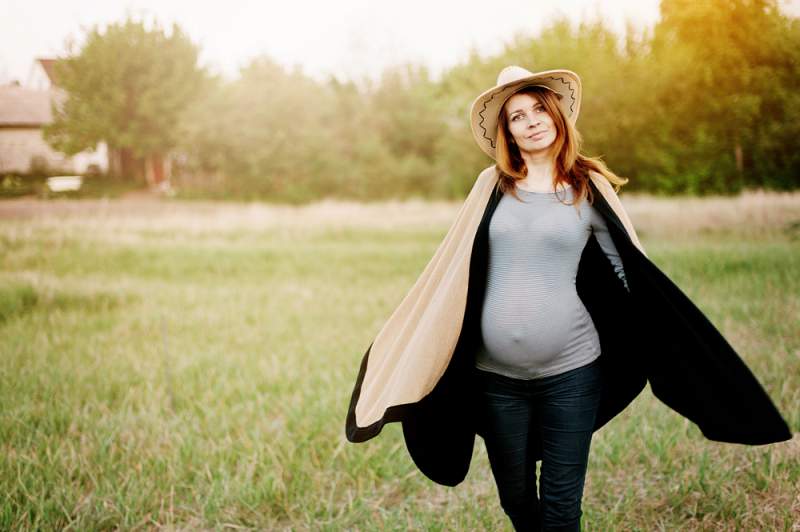
You may start looking more beautiful and attractive than ever. Pregnancy brings that glow to women which you can’t have when you’re back in your extra small or small size. So, enjoy this time to start wearing extra-large sizes of clothing, and a nice big size of slippers.
Try to make yourself comfortable by selecting soft, light clothing and don’t forget to have lots of undergarments as you may start discharging soon. You might want to wear liners in your underwear to absorb extra discharge. Read more on what to wear when you are pregnant here.
What if my water breaks?
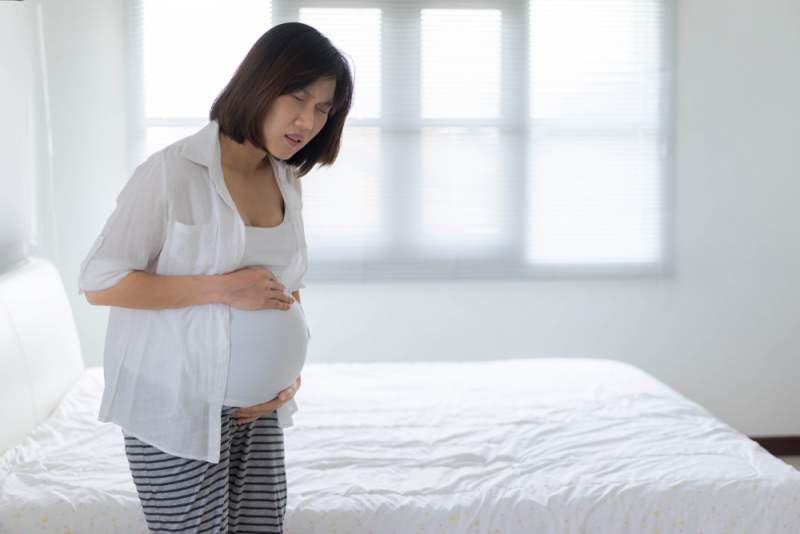
Despite all the talk about it, in less than 10% of pregnancies will the waters break before contractions begin, so you are unlikely to be suddenly surprised by this happening. It is not like the movies where that always seems to be the first sign of a baby coming.
In most pregnancies, your doctor may have to break the amniotic sac for you during labour to move things along.
If your waters do break however contact your doctor immediately, as this means labour needs to start because the baby is not as protected in the womb anymore and needs to come out.
Rest up, and good luck! You are almost there!
Next Steps: Your Trimesters


